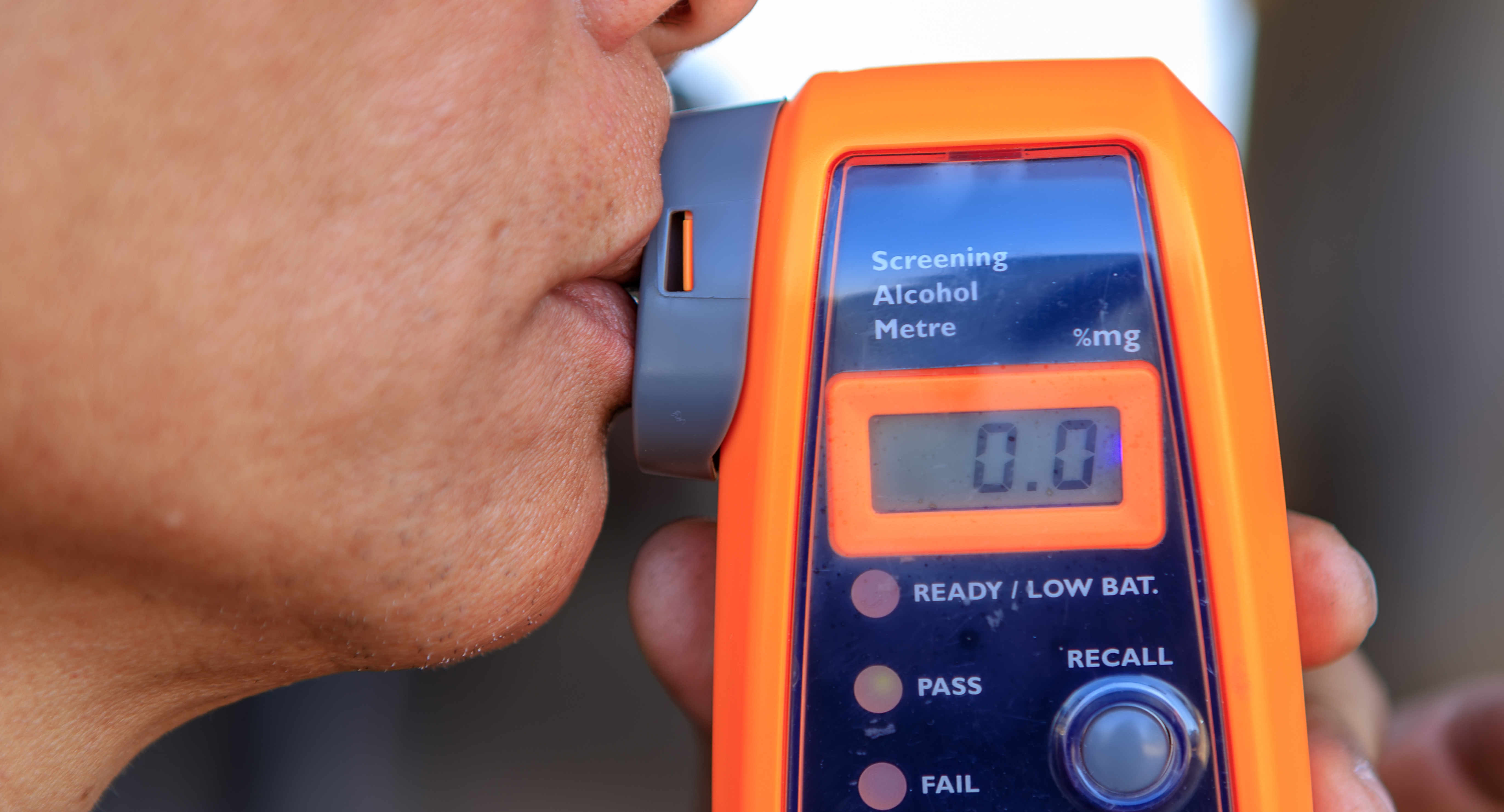Texas paid more than $264 million in 2023 — the most recent available data — for court-appointed attorneys to defend people who can’t afford an attorney when facing criminal charges.
Twenty-two attorneys earned over $500,000 each from court-appointed cases.
More than half of these attorneys (51.6%) took on at least 100% of the recommended maximum caseload, according to data compiled by the Texas Indigent Defense Commission.
The high payment total can be attributed to several factors, including crime rates, understaffed public defender offices, judicial preferences, etc. However, the high workload raises questions about whether these attorneys have time to appropriately research cases, question police reports, and zealously defend each client.
Key Takeaways
- Nineteen lawyers in Harris County earned $500,000 or more: The state’s most populous county accounted for 86% of the highest-earning attorneys. Though the county has a public defender office, it has struggled to keep up with its growing crime rate. Last year, the county elected a new district attorney, Sean Teare. In March 2025, he touted a case clearance rate of 180%. But does his push to clear the backlog mean attorneys are being pressured to settle cases quickly?
- 34% of court-appointed attorneys exceeded the recommended average caseload by over 200%. High workloads may incentivize attorneys to negotiate plea deals with prosecutors without taking time to investigate the case details. Many defendants may feel pressured to accept a plea bargain that isn’t in their best interest simply because they can’t afford to post bail and don’t want to remain in custody.
- On average, court-appointed lawyers are paid modestly: Despite a few key exceptions, the average per-case pay rate is less than $2,000. This means that attorneys — particularly in the state’s smaller counties — may need to take on extra cases to make ends meet. Those are the same attorneys who may not employ large staffs full of assistants and paralegals to help them juggle caseloads.
Harris County Taxpayers Paid Over $69M
Harris County paid the highest total at just over $69 million, roughly $44 million more than Tarrant County.
While there’s no specific limit to the number of cases an attorney can handle at one time, attorneys who juggle hundreds of time-consuming felony or murder cases may be taking on too much.
One Houston-area attorney was paid more than $524,000 for eight cases — six of which involved a capital murder charge. This equates an average of more than $65,000 per case.
The attorney who earned $1.3 million in 2023 took on more than 1,395% of the average recommended annual caseload.
An Average of 78.6 Felonies and 39.8 Misdemeanors Per Attorney in Harris County
According to the data, the 560 court-appointed attorneys in Harris County handled 69,363 cases in 2023. This includes 44,031 felonies and 23,333 misdemeanors. This breaks down to 78.6 felonies and 39.8 misdemeanors per attorney if assigned equally. However, at least 160 of those attorneys handled no felony cases at all.
This doesn’t even take into account the 167 capital murder cases, 275 felony appeals, and more than 2,000 cases involving juveniles.
Whether each attorney can effectively manage such a heavy workload depends on the type of case, the size of the attorneys’ practice, and the support structure they have in place. However, the high workload percentages raise questions about whether defendants in the state’s largest county are getting due process.
Attorneys Earned the Most on Average in Moore, Harris Counties
Despite a population of less than 21,000 people, Moore County, which is located north of Amarillo, topped the list of highest-earning attorneys by average. One attorney juggled 458 court-appointed cases, earning an average of $487 per case for handling 458 felony cases and 509 misdemeanors, 1,844% of the recommended annual workload.
The anonymized list below shows all lawyers who earned over $500,000 from court appointed cases in Texas.
43% of High Earners Exceeded Maximum Caseload Recommendations
A handful of court-appointed attorneys juggled 25 or fewer cases, earning tens of thousands of dollars from high-level felonies and capital murders.
However, the vast majority of high earners took on an extremely heavy caseload – with many juggling 200 or more cases – raising questions about the quality of representation they can provide.
Roughly 43% of court-appointed attorneys exceeded this number in 2023. Four attorneys exceeded the recommended caseload by 2,000% or more. For most, this only represents a portion of their total caseload. High caseloads can result in attorney errors and poor representation and encourage a “meet and plead” system.
Here is a breakdown by caseload:
| Number of attorneys | Exceeded caseload recommendations by: | Total percentage |
| 2,578 | 100% or more | 51.6% |
| 1,693 | 200% or more | 34% |
| 500 | 500% or more | 10% |
| 113 | 1,000% or more | 2.26% |
| 4 | 2,000% or more | .08% |
TIDC Recommends a Maximum of 150 Felony Cases Per Year
The Texas Indigent Defense Commission (TIDC) bases recommendations on a maximum caseload on national standards and state-specific workload studies but recommends no more than 150 felony cases per year. A 2023 report from RAND recommended the following average maximum caseload per attorney:
| Case type | Case weight (average hours per case) | Annual caseload standard |
| Felony–High (life without parole) | 286 | 7 |
| Felony–High (murder) | 248 | 8 |
| Felony–High (sex offenses) | 167 | 12 |
| Felony–High (other) | 99 | 21 |
| Felony–Mid | 57 | 36 |
| Felony–Low | 35 | 59 |
| DWI–High | 33 | 63 |
| DWI–Low | 19 | 109 |
| Misdemeanor–High | 22.3 | 93 |
| Misdemeanor–Low | 13.8 | 150 |
| Probation/parole violations | 13.5 | 154 |
Annual caseload standards were calculated based on an assumption of 2,080 hours available to a defender for case-related work.
Source: RAND National Public Defense Workload Study
“This Situation Affects the Quality of Defense”
Gauging the number of cases one attorney can juggle is complicated. There’s no one clear-cut answer. It depends on the attorney, the hours worked, and the required hours per case. For example, a misdemeanor will require less time than a low-level felony, and a first-degree felony will require even more time.
“When attorneys are overburdened, it becomes exceptionally difficult to provide each client with the attention and thorough preparation their case requires,” says Roy L. Kaufmann, director of the Servicemembers Civil Relief Act Centralized Verification Service. “This situation affects the quality of defense, increases the likelihood of errors, and can potentially lead to unjust outcomes.”
Average Pay Statewide was $1,797 Per Case
Not every court-appointed attorney is raking in big bucks. The average lawyer earned $1,797 per case. However, a relatively small number of attorneys handling many felony and capital murder cases earned the bulk of the money.
- About 47% earned under $25,000 annually from court-appointed cases
- Roughly 64% made under $50,000 annually from court-appointed cases
Four of 10 Counties With the Highest Earners Have a Public Defender Office
The Sixth Amendment of the U.S. Constitution guarantees the right to counsel in criminal prosecutions. The U.S. Supreme Court has interpreted this to include the right to a court-appointed attorney for those who cannot afford one.
In Texas, each county has its own way of handling this requirement. Some counties have their own public defender’s offices. Others are part of a regional public defender’s office. Some have a private defender office/managed assigned counsel program. The rest rely solely on court-appointed attorneys.
Four of the 10 counties with the highest-earning court-appointed attorneys have a public defender office to juggle some of the workload. However, particularly in Harris County, the caseload exceeds what the public defender’s office can manage. In the counties with the lowest earnings, all have access to either a countywide or regional public defender office.
2025 Legislative Action
The TIDC is hoping to add more public defender offices in rural areas. The group is asking the Texas Legislature for $35 million over the next two-year budget cycle to help fund the effort. Some of that money would be spent helping larger counties improve their already implemented systems.
The commission is also seeking $8.9 million to create incentive programs for newly minted lawyers who work in underserved areas. That funding request is expected to be presented to the House appropriations committee on April 10.
A Pay Disparity of Almost $1 Million
Pay for the top earner in the state’s five largest counties ranged from about $384,000 to more than $1.3 million, a massive disparity. Of the five, only Tarrant County has no designated public defender’s office.
Who is Eligible for a Court-Appointed Attorney?
While qualification depends on the jurisdiction, defendants who meet specific criteria are more likely to be assigned court-appointed attorneys. Criteria include:
- Financial situation: Defendants must show that they cannot afford a private attorney. This may involve presenting details about income, expenses, assets, and relevant financial data.
- The severity of the charges: If the potential penalties for the criminal charges are extremely serious or the case requires specialized knowledge, courts are more likely to appoint an attorney.
- Additional factors: People with mental health issues, those who speak limited English, or minors would have challenges representing themselves. Because of this, they’re more likely to be eligible for a court-appointed attorney.
The Bottom Line
With large case backlogs and overcrowded jails, many county court systems feel pressured to move cases through the court system quickly while fulfilling defendants’ constitutional rights. However, the workload statistics and overall low pay rate raise questions about whether defendants are encouraged to accept plea deals that may not be in their best interests.
Methodology
Michael & Associates analyzed 2023 court-appointed attorney pay and caseload statistics compiled by the Texas Indigent Defense Commission. We compared caseloads and annual earnings based on the type of charge, including felonies, misdemeanors, and capital murder.
Though Michael & Associates is a criminal defense law firm, the firm’s policy is that our attorneys don’t accept court-appointed cases unless there is a unique circumstance or exception.
To focus on pay and caseload disparities, we decided to not name the attorneys. However, that information is available through the TIDC.




